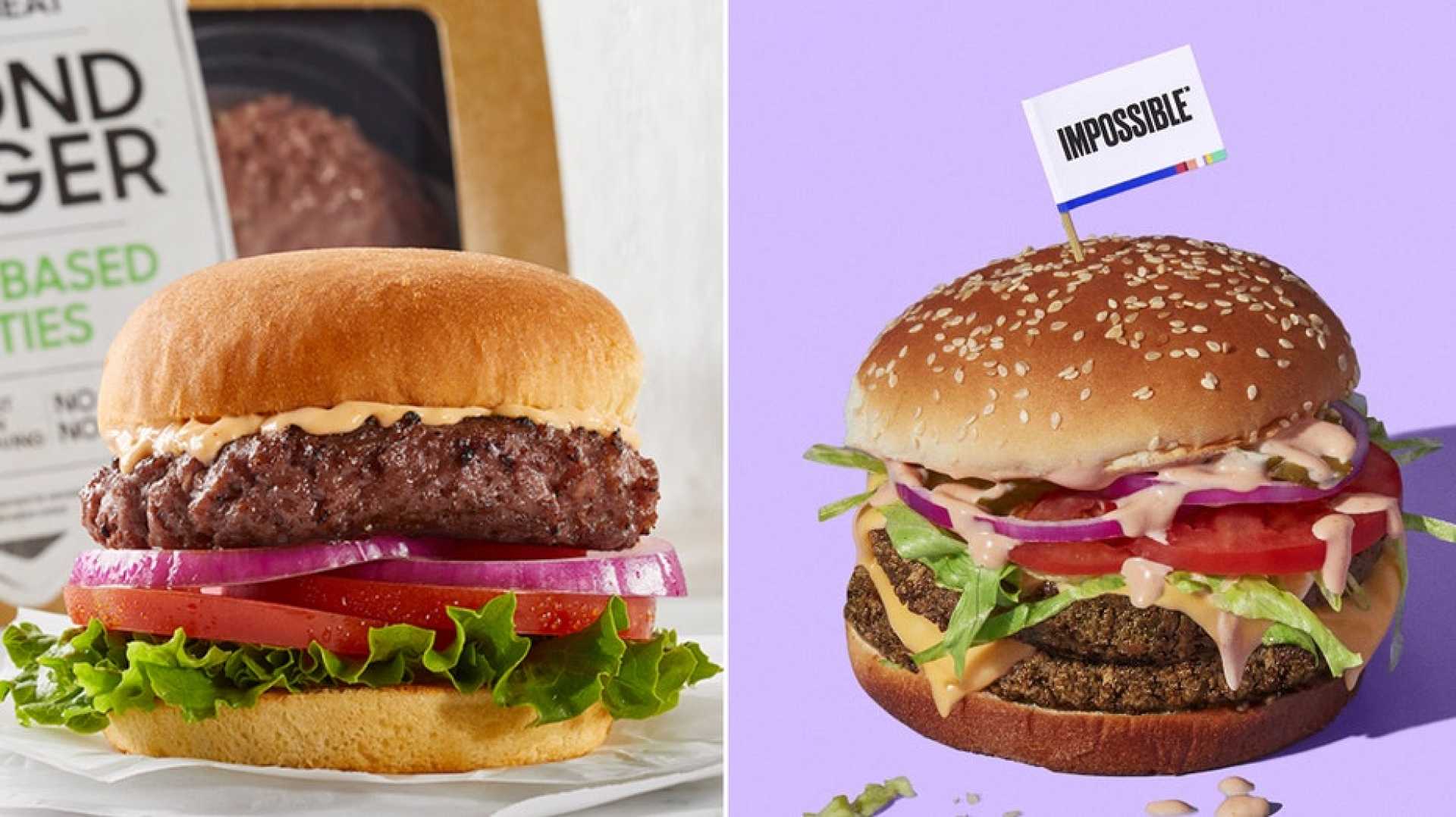Business
Plant-Based Meat Giants Make Divergent Bets on Future Success

San Francisco, CA – Two leading companies in the plant-based meat industry, Beyond Meat and Impossible Foods, are taking different approaches to address challenges in the market.
Beyond Meat recently launched a new product called Beyond Ground, which is not designed to imitate meat like its popular burgers and sausages. Instead, this product has a neutral flavor meant to serve as a versatile base for consumers to season to their liking. Beyond Ground is made from just four ingredients: fava beans, potato protein, water, and psyllium husk.
Ethan Brown, CEO of Beyond Meat, explained, “We wanted to provide something that is capable of confidently standing on its own as a center-of-the-plate protein.” This reflects a shift in market demands where consumers seek more authentic, simpler food options.
Beyond Meat is also rebranding itself, dropping “meat” from its name in favor of simply “Beyond.” This change aligns with their latest product strategy, which aims to respond to criticism that plant-based meats are overly processed and unhealthy.
In contrast, Impossible Foods has emphasized a different marketing angle. The company revamped its packaging to bold red and highlighted its signature ingredient, leghemoglobin, which mimics the flavor of beef. Impossible Foods has also introduced a new higher-calorie product designed for competitive eaters, as well as considering blending beef with plant-based ingredients.
While sales of plant-based products were initially strong, they have faced tougher scrutiny due to perceptions surrounding health and processing. Critics have labeled these products as ultra-processed, leading to decline in sales levels.
Despite this, nutrition scientists argue that plant-based meats often contain healthier macronutrient profiles compared to traditional meat, being lower in saturated fat and cholesterol while offering fiber.
Roberta Alessandrini, a nutrition scientist with the Physicians Association for Nutrition, noted that these products can foster a shift towards more plant-based diets beneficial for health and the environment.
However, consumer preferences remain complex. Taste continues to be the primary factor driving purchase decisions in this category. Impossible Foods maintains a strong sales position, even during a downturn in the market.
As both companies navigate these challenges, it remains to be seen whose strategy will prevail in a market filled with mixed signals and consumer skepticism.












